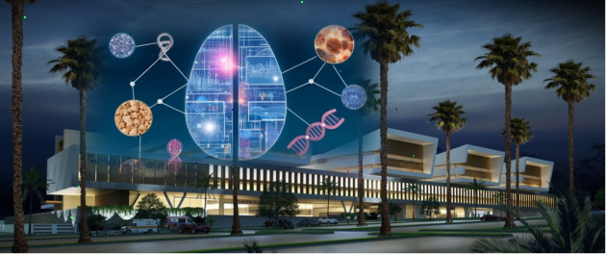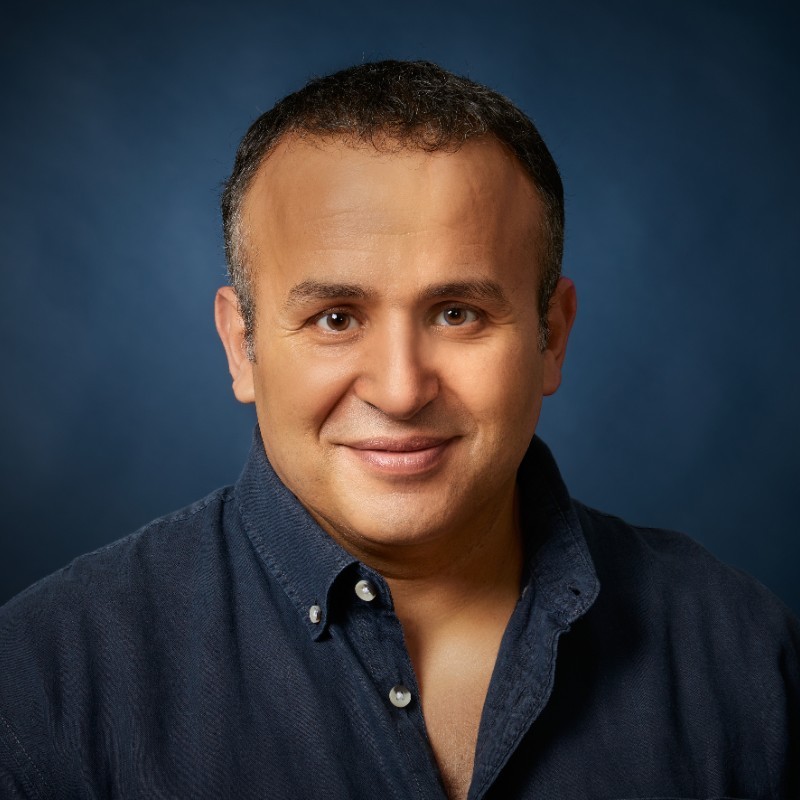
For more than a decade, the Kingdom of Morocco has undertaken a significant transformation of its healthcare system.
On the public sector side, four new University Hospital Centers have been established in the country, located in Marrakech, Agadir, Tangier, and Oujda. Public and private Cancer Treatment Centers have also been opened, the most recent one in Laâyoune in 2021.
Furthermore, social protection has been extended to all Moroccans following the adoption of Framework Law 09-21 on March 23, 2021. In terms of funding, the country plans a substantial annual budget of 51 billion dirhams (around 4.7 billion euros) starting in 2025.
In the private sector, investment has accelerated considerably as a result. For example, Akdital, the main private healthcare player listed on the stock exchange, represents 15% of the country’s hospital capacity with more than 18 multidisciplinary facilities. Having surpassed one billion dirhams in revenue (over one hundred million euros), the group continues to expand its network at a remarkable pace.
Alongside infrastructure development, the State is pursuing a roadmap for the digital transformation of healthcare facilities, starting with the deployment of shared Hospital Information Systems.
However, synergies between a strengthened, modernized public sector and a private sector driven by massive investments will not be enough to meet the rising demand for healthcare and to fulfill the ambitions of the ongoing social strategy.
As is the case worldwide, faced with aging populations and the growth of chronic diseases, approaches to patient support and care delivery will inevitably need to transform to enable a better quality of life and improved healthcare pathways, all while ensuring ethics, safety, and economic viability.
This necessary shift toward innovative care cannot take place without the informed and prudent adoption of information and communication technologies, enabling the transition from a traditionally treatment-focused healthcare system to a next-generation, prevention-oriented system. Such a system would offer new services to users, healthcare professionals, and industry stakeholders within healthcare pathways that will become the true unit of practice for medicine.
The COVID-19 pandemic revealed the Moroccan healthcare sector’s ability to very swiftly redirect production resources to meet the most critical needs. It is this same agility that must now be harnessed to promote a center of excellence in digital health, enabling wider adoption of telemedicine, ensuring the digital sovereignty of health data, and—through artificial intelligence—opening the door to new research, diagnostic, and treatment capabilities.
The development of telemedicine is particularly strategic for Morocco, promising more equitable access to healthcare and raising national health standards to the level of the most developed countries. The widespread adoption of telemedicine will also generate significant volumes of homogeneous, structured health data, driving research and fostering the application of artificial intelligence in various clinical fields.
This momentum creates a virtuous cycle accelerating the transformation of Morocco’s healthcare system, where the widespread use of telemedicine will boost AI research, which in turn will encourage the adoption of telemedicine in other clinical specialties—thereby enriching the available database for future research.
This digital transformation also opens up substantial prospects for economic growth. The development of advanced technologies and their implementation within the healthcare system can stimulate the local information and communication technology industry, attract foreign investment, foster international partnerships, and support the ongoing development of tourism—not to mention helping organize the two major upcoming sporting events the country will host: the Africa Cup of Nations in 2025 and the FIFA World Cup in 2030, co-hosted with Spain and Portugal. Morocco could thus export its expertise and innovations, reinforcing its position as a leader in digital health on the African continent.
Moreover, this progress toward a more modern and efficient healthcare system will promote the training and skills development of healthcare personnel in Morocco. By raising training standards and integrating new technologies into educational programs, Morocco will be able to train a new generation of highly qualified healthcare professionals, equipped to meet the contemporary challenges of medicine.
In short, by embracing a vision centered on prevention and technological innovation, and by leveraging advances in artificial intelligence and telemedicine, Morocco is setting itself on the path to becoming a next-generation healthcare model. This approach will not only meet the needs of its population effectively but will also position the country as a leader in healthcare on the African continent, unlocking opportunities for international growth, collaboration, and innovation.


Hicham Temsamani
Hicham Temsamani is a biomedical engineer with extensive international experience in the health sector. After a career at the French National Space Agency (CNES), and then at Panasonic, Cisco, Cardinal Health, AWS and Google Cloud, he founded H.B.T Group France – his strategic consulting firm specialized in digital transformation for healthcare organizations. Passionate about innovation and prevention, he also hosts scientific conferences focused on preventive medicine and longevity.
